Moscova, un centru global al culturii și istoriei, primește anual milioane de turiști, mulți dintre care nu vorbesc limba rusă. Deși atracțiile orașului, de la Kremlin până la Teatrul Bolșoi, sunt accesibile cu MoscowPass, barierele lingvistice pot ridica probleme. Acest ghid oferă sfaturi practice pentru cei care nu vorbesc limba rusă pentru a naviga cu încredere prin Moscova, asigurând o vizită plăcută și fără probleme.
Peisajul lingvistic din Moscova
Rusa este limba principală în Moscova, cu alfabetul chirilic dominant pe indicatoare, meniuri și în transportul public. Deși engleza este din ce în ce mai răspândită în zonele turistice precum Piața Roșie, fluența este limitată în afara atracțiilor majore. Aplicația MoscowPass reduce această lacună, oferind ghiduri și traduceri multilingve, care acoperă limbi precum engleza, spaniola și chineza.
De exemplu, când vizitați atracțiile MoscowPass, cum ar fi Galeria de Stat Tretiakov, veți găsi indicatoare în engleză, dar locurile mai mici este posibil să nu aibă. Prin urmare, pregătirea pentru diferențele de limbă vă îmbunătățește experiența, permițându-vă să vă concentrați asupra frumuseții Moscovei, mai degrabă decât asupra dificultăților de comunicare.
Învățarea expresiilor de bază în limba rusă
Memorarea câtorva fraze rusești poate face o mare diferență. Începeți cu salutări precum “zdravstvuyte” (bună ziua) și “spasibo” (mulțumesc). Pentru orientare, învățați “gde” (unde) și “skolko” (cât costă). Aceste fraze sunt utile în piețe sau când explorați situri MoscowPass, cum ar fi Kolomenskoie, unde localnicii ar putea să nu vorbească engleză.
Pentru a te familiariza, folosește aplicații lingvistice precum Duolingo înainte de călătorie. Alternativ, MoscowPass oferă o funcție de ghid de conversație, punând la dispoziție termeni cheie pentru turiști. De exemplu, a spune “bilet” (bilet) când cumperi intrare la o atracție MoscowPass poate simplifica interacțiunile.
Utilizarea tehnologiei pentru a reduce decalajul
Tehnologia este o salvare pentru cei care nu vorbesc limba rusă. Aplicații precum Google Translate permit traduceri text și vocale în timp real, perfecte pentru a citi meniuri sau a cere indicații. Descarcă pachetul offline de limba rusă, deoarece Wi-Fi s-ar putea să nu fie întotdeauna disponibil, mai ales în locuri în aer liber precum Piața Roșie.
Aplicația MoscowPass este un alt instrument esențial, oferind descrieri multilingve pentru peste 95 de atracții și asistență de navigare în timp real. De exemplu, când vizitați Moscow-City, ghidurile în limba engleză ale aplicației vă ajută să înțelegeți istoria zonei fără a fi nevoie să întrebați localnicii.
Navigarea cu Ușurință a Transportului Public
Metroul din Moscova este un loc ce nu trebuie ratat, cu stații uimitoare precum Komsomolskaia, dar indicatoarele sale în alfabetul chirilic pot fi descurajatoare. MoscowPass include accesul la metrou, iar aplicația sa oferă denumirile stațiilor și hărțile în engleză. Înainte de a călători, familiarizați-vă cu stațiile cheie din apropierea atracțiilor MoscowPass, cum ar fi Teatralnaia pentru Teatrul Bolșoi.
Dacă aveți nevoie de ajutor, căutați localnici mai tineri sau personalul stației, deoarece aceștia au mai multe șanse să vorbească engleză. Arătarea cardului MoscowPass sau a unei hărți poate clarifica, de asemenea, destinația dumneavoastră. În plus, păstrați o hartă Metro imprimată ca резерва în cazul în care bateria telefonului se descarcă.
Mese și cumpărături fără stres lingvistic
A comanda mâncare sau a face cumpărături în Moscova poate fi dificil fără rusă. La restaurante, caută meniuri în engleză, frecvente în zonele turistice ca strada Arbat. Dacă nu sunt disponibile, folosește funcția de cameră a Google Translate pentru a scana meniurile. MoscowPass are parteneriate cu anumite restaurante, oferind asistență în limba engleză și reduceri.
Când faceți cumpărături la piețe precum Izmailovo, o atracție MoscowPass, folosiți gesturi sau arătați imagini cu articolele pe care le doriți. Numerele sunt universale, așa că notarea prețurilor poate fi de ajutor. De exemplu, când cumpărați suveniruri, indicarea unei păpuși matrioșka și arătarea numărului “1000” vă clarifică intenția.
Tururi ghidate pentru o comunicare fluentă
Participarea la un tur ghidat este o modalitate excelentă de a depăși barierele lingvistice. MoscowPass oferă tururi în limba engleză pentru atracții precum Kremlinul și Catedrala Hristos Mântuitorul, asigurându-vă că înțelegeți semnificația lor istorică. Aceste tururi vă permit, de asemenea, să puneți întrebări, aprofundându-vă experiența.
Pentru o notă personalizată, rezervați un tur privat MoscowPass, unde ghizii vorbesc mai multe limbi și adaptează explicațiile la interesele dumneavoastră. Acest lucru este deosebit de util în locuri complexe precum Galeria de Stat Tretiakov, unde istoria artei poate fi greu de înțeles fără context.
Sfaturi culturale pentru a îmbunătăți comunicarea
Respectarea obiceiurilor rusești poate îmbunătăți interacțiunile. Rușii apreciază politețea, așa că zâmbiți și folosiți “pozhaluysta” (vă rog) când cereți ajutor. Evitați comportamentul zgomotos, mai ales în locuri religioase precum Kolomenskoye, deoarece acest lucru poate crea neînțelegeri. Aplicația MoscowPass include sfaturi culturale, ajutându-vă să navigați prin normele sociale.
În plus, aveți la dumneavoastră un card de vizită de la hotel, cu adresa în rusă. Acest lucru ajută taximetriștii sau localnicii să vă ajute dacă vă pierdeți. De exemplu, după ce vizitați Moscow-City, arătarea cardului vă asigură că vă întoarceți cu ușurință la cazare.
Utilizarea MoscowPass pentru suport lingvistic
MoscowPass schimbă regulile jocului pentru cei care nu vorbesc rusă, oferind suport multilingvistic prin aplicația și site-ul său web. Cu acces la peste 95 de atracții și consultări de călătorie de specialitate, simplifică comunicarea la fiecare pas. Valabilitatea sa de doi ani și anularea gratuită în termen de 30 de zile vă oferă, de asemenea, flexibilitate pentru a vă ajusta planurile în cazul în care apar dificultăți lingvistice.
De exemplu, când planificați o vizită la Teatrul Bolșoi, folosiți aplicația MoscowPass pentru a rezerva bilete și a accesa detalii despre evenimente în limba engleză. Astfel, vă asigurați că vă bucurați de bijuteriile culturale ale Moscovei fără să vă faceți griji în privința neînțelegerilor.
Concluzie: Explorând Moscova cu Încredere
Nu trebuie să lăsați barierele lingvistice să vă împiedice să vă bucurați de minunile Moscovei. Învățând fraze de bază, folosind tehnologia și profitând de MoscowPass, puteți naviga cu ușurință prin oraș. De la admirarea Pieței Roșii până la savurarea bucătăriei locale, aceste sfaturi asigură că cei care nu vorbesc limba rusă pot experimenta pe deplin și cu încredere farmecul Moscovei.

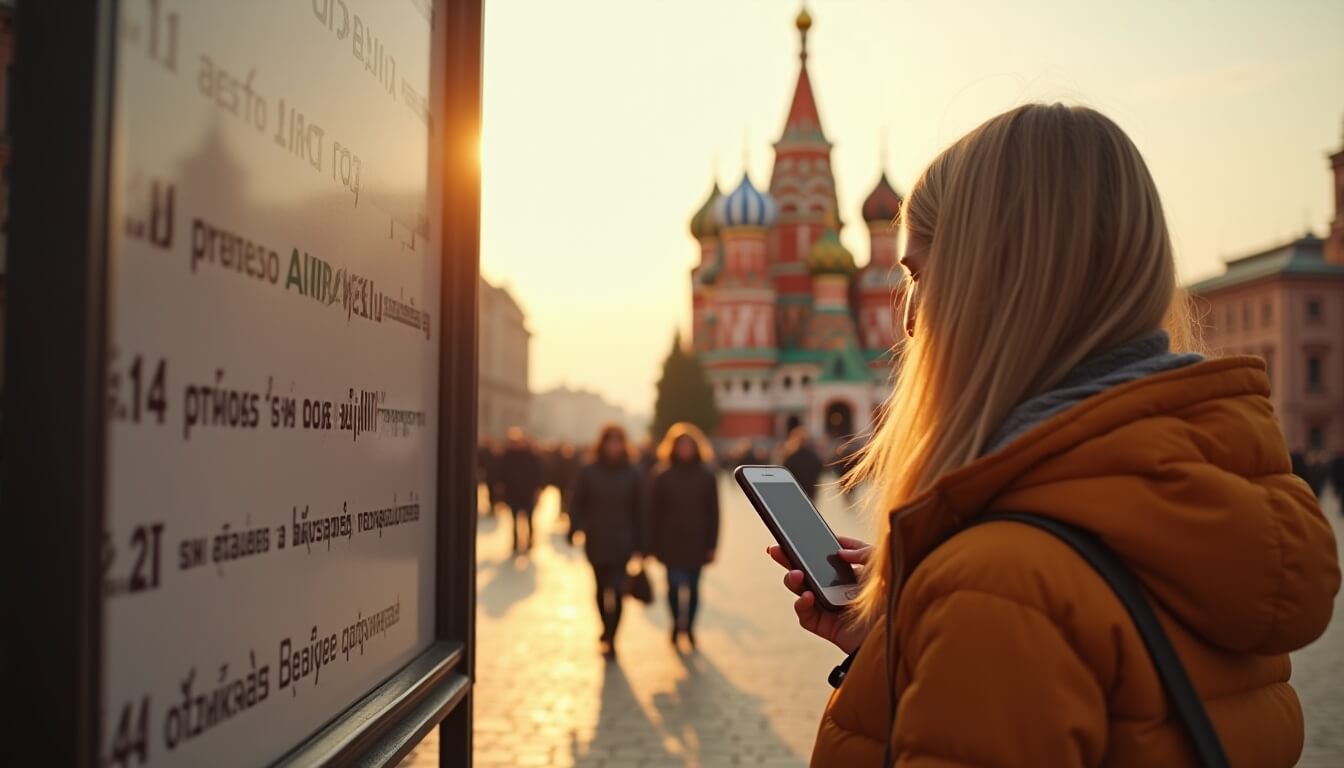 Depășirea barierelor lingvistice: Sfaturi pentru cei care nu vorbesc limba rusă">
Depășirea barierelor lingvistice: Sfaturi pentru cei care nu vorbesc limba rusă">

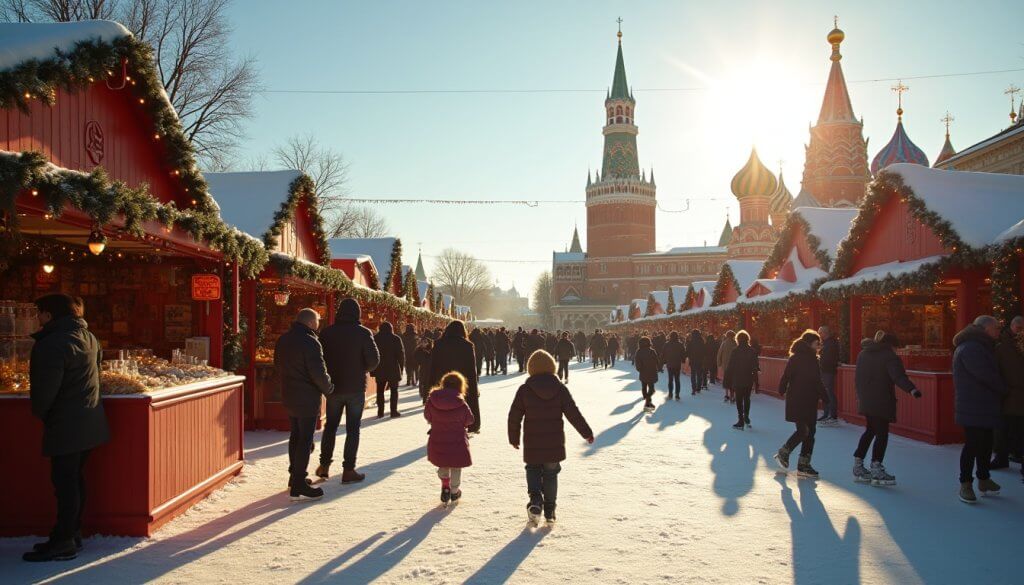 Piețe de Crăciun festive și sărbători în Moscova 2025">
Piețe de Crăciun festive și sărbători în Moscova 2025">
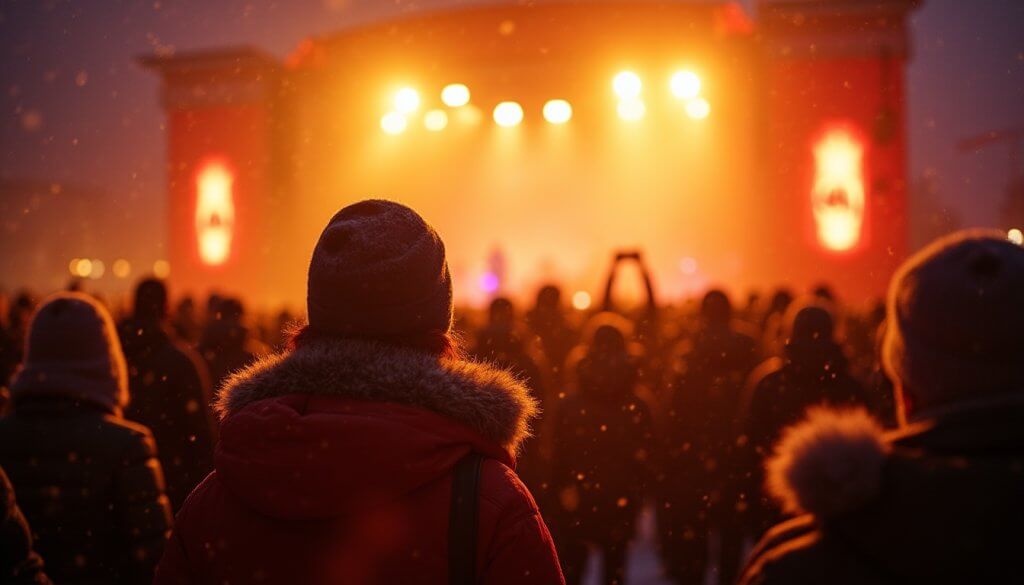 Scena muzicală din Moscova: Spectacole live și festivaluri în 2025">
Scena muzicală din Moscova: Spectacole live și festivaluri în 2025">
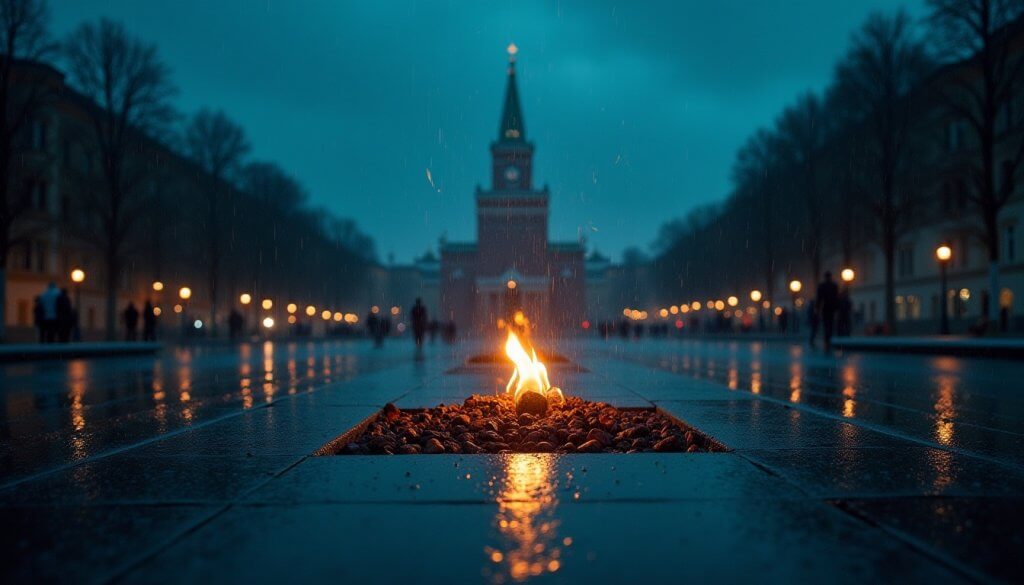 Ghidul pasionatului de istorie pentru monumentele și muzeele de război din Moscova">
Ghidul pasionatului de istorie pentru monumentele și muzeele de război din Moscova">
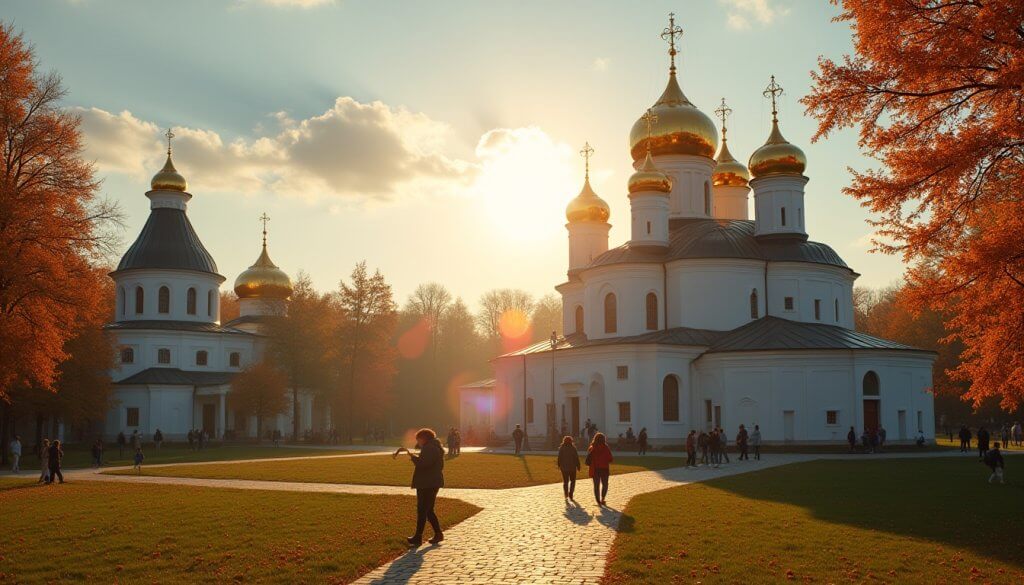 Idei de excursii de o zi pentru a explora peisajul rural rusesc din apropierea Moscovei">
Idei de excursii de o zi pentru a explora peisajul rural rusesc din apropierea Moscovei">
 Tururi educative pentru copii și familie în Moscova">
Tururi educative pentru copii și familie în Moscova">
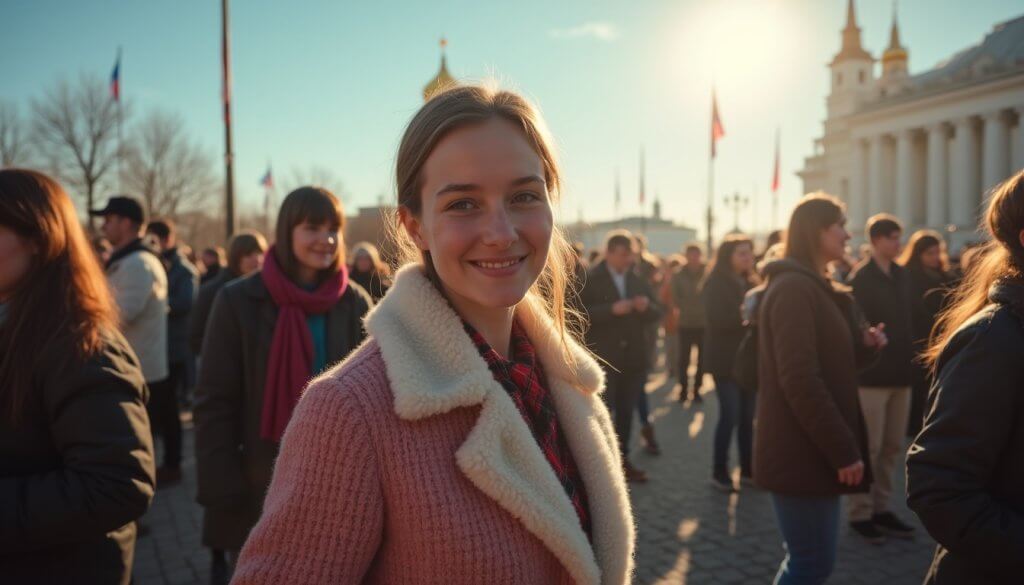 Înțelegerea tradițiilor rusești de sărbători prin prisma festivităților din Moscova">
Înțelegerea tradițiilor rusești de sărbători prin prisma festivităților din Moscova">
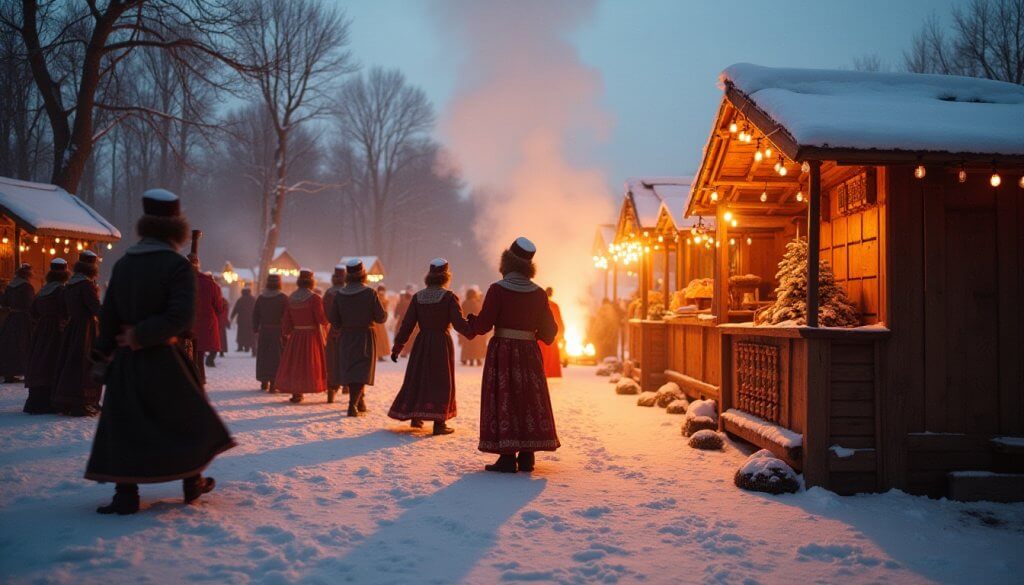 Cultural Festivals in Moscow You Can’t Miss in 2025">
Cultural Festivals in Moscow You Can’t Miss in 2025">
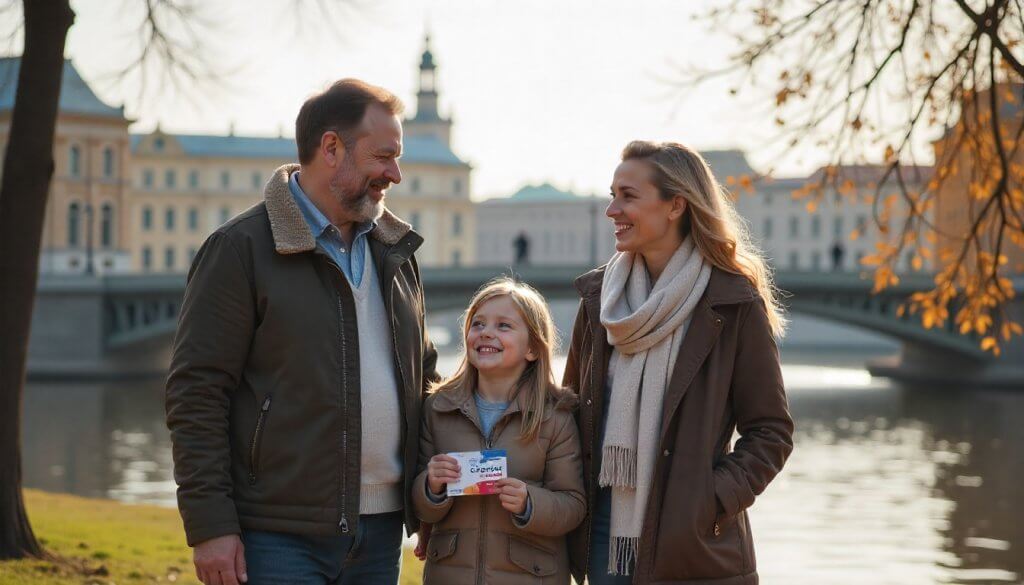 Benefits of Moscow CityPass for Families and Group Travelers in 2025">
Benefits of Moscow CityPass for Families and Group Travelers in 2025">
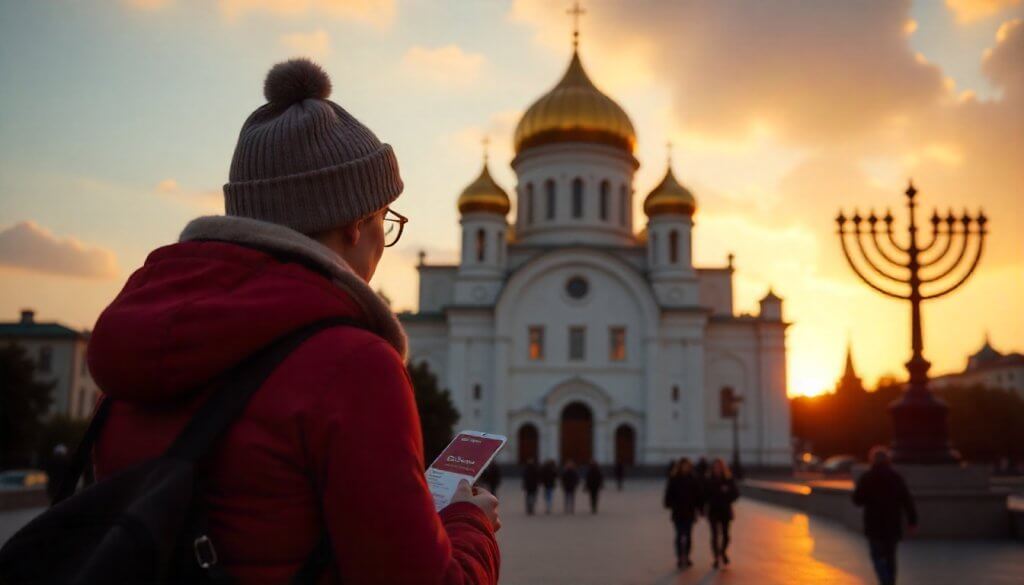 Exploring Moscow’s Jewish Heritage Sites and History in 2025">
Exploring Moscow’s Jewish Heritage Sites and History in 2025">
 Turismul sustenabil în Moscova: Cum pot ajuta vizitatorii în 2025">
Turismul sustenabil în Moscova: Cum pot ajuta vizitatorii în 2025">